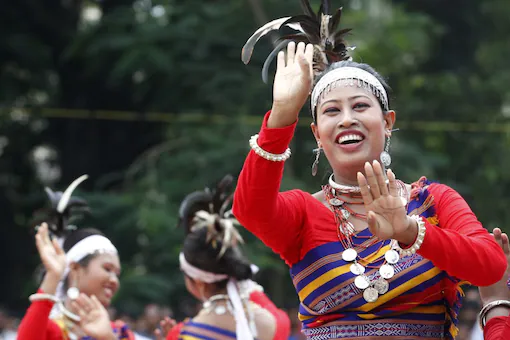Every year on August 9th, the International Day of the World’s Indigenous Peoples is commemorated. The purpose of this day is to raise awareness and safeguard the rights of the world’s indigenous peoples. It recognises indigenous peoples’ contributions and achievements as they carry vast diversity of unique cultures, traditions, languages, and knowledge systems. It recognises indigenous peoples’ contributions to a variety of global concerns. The livelihoods of these people is at risk as they have different social and political feature in comparison of the dominant societies in which they live.
HISTORY
The United Nations General Assembly declared 9 August to be the International Day of the World’s Indigenous Peoples on December 23, 1994. Later, In April 2000, the Commission on Human Rights accepted a resolution to study indigenous peoples’ challenges, which was proposed by the Permanent UN Forum and submitted by the Economic and Social Council. Education, culture, economic and social growth, the environment, health, and human rights were among the topics addressed. The main focus was on enhancing international cooperation to address indigenous people.
SIGNIFICANE
Indigenous peoples number roughly around 476 million people worldwide, spread across 90 nations. They have a unique relationship with environment and nature, and a huge diversity of cultures, traditions, languages, and knowledge systems, among other things. This community of Indigenous people speaks around 7000 languages around the world. This group also carries a lot of experience in fields like extreme poverty, marginalization, and other human rights violations. This day also celebrates the achievements and contributions of indigenous people
THEME
“Leaving no one behind: Indigenous peoples and the call for a new social contract” is the theme of the International Day of the World’s Indigenous Peoples 2021. In the event the participation takes place in an interactive session between two speakers. The discussion takes place in creating and rebuilding a new social contract that includes economic and social gains of Indigenous peoples, who are mutilated in several countries.







